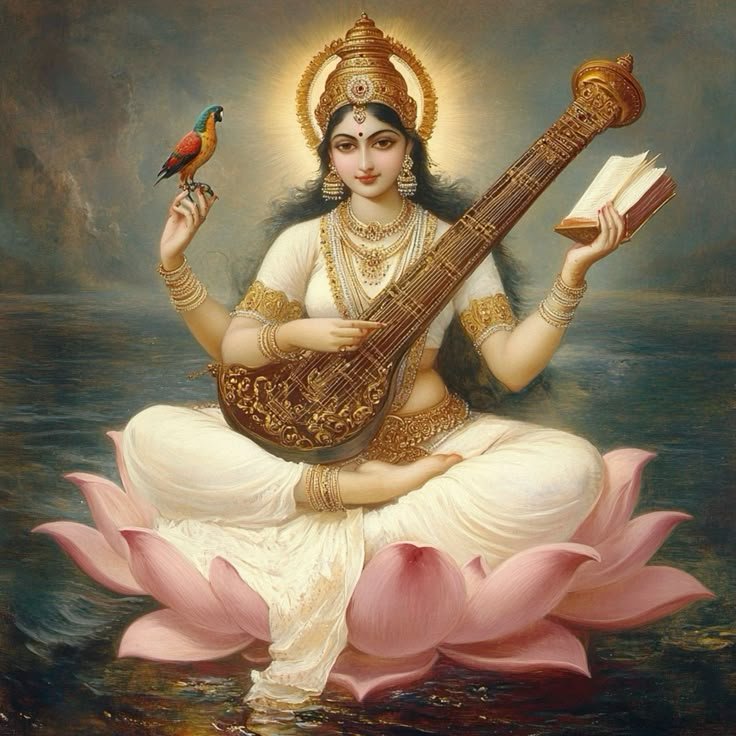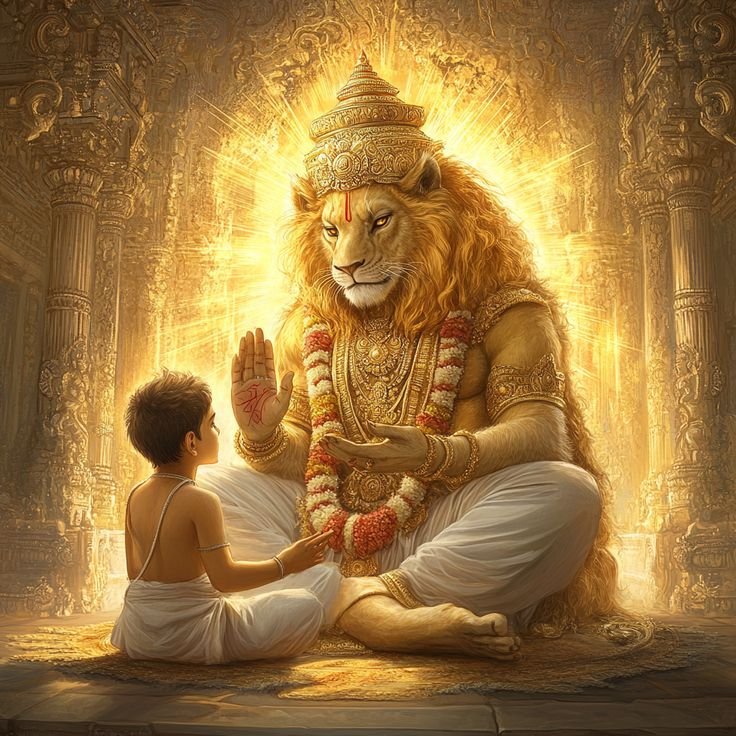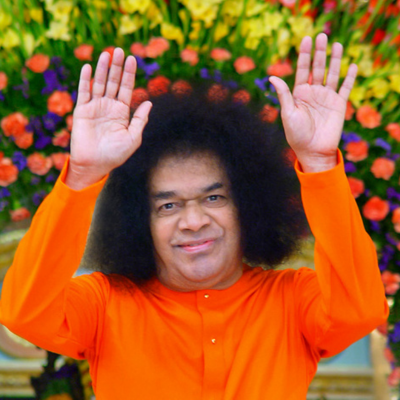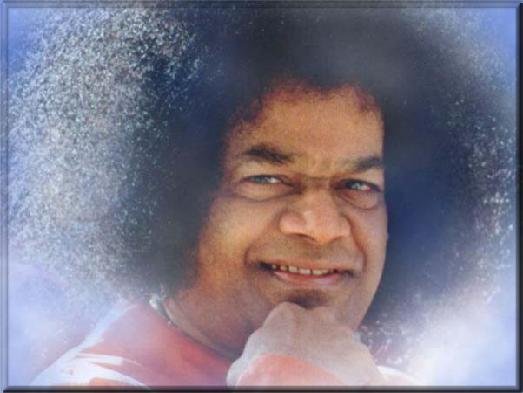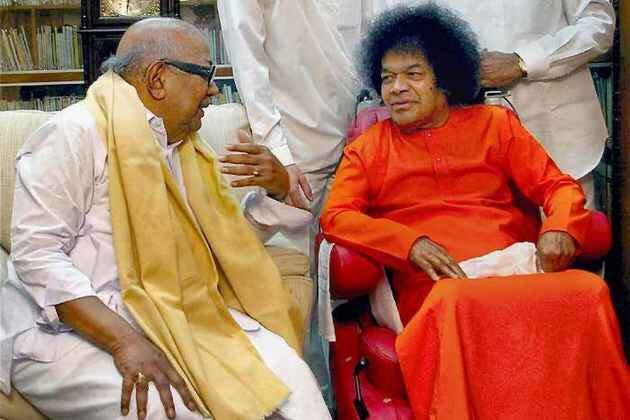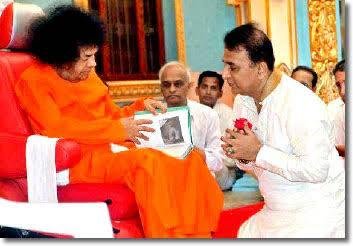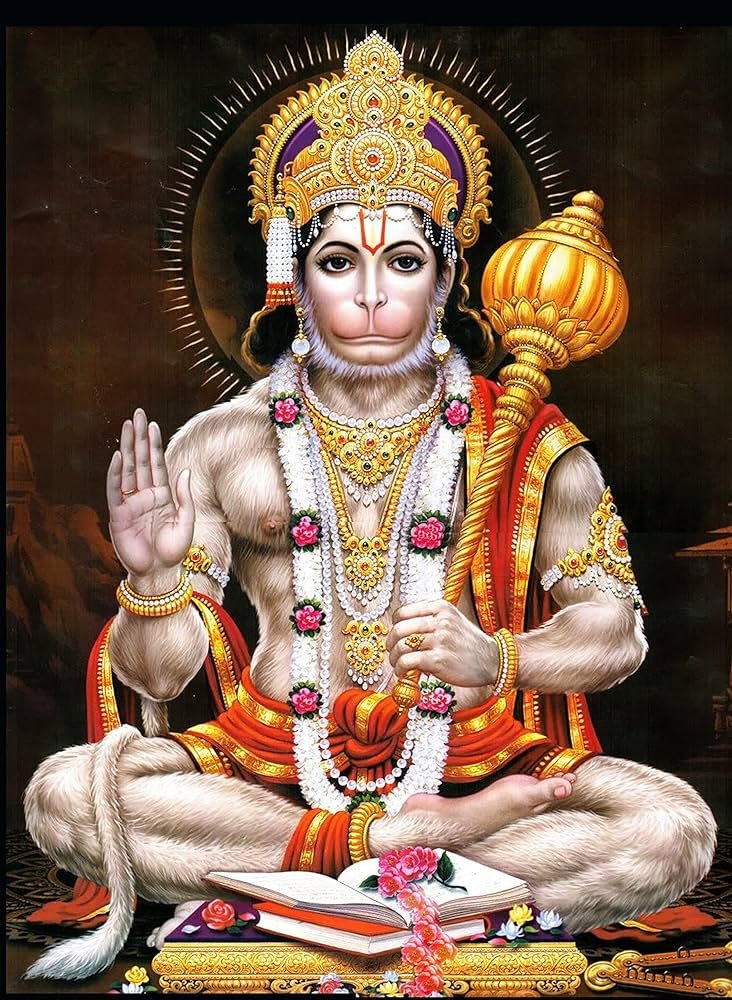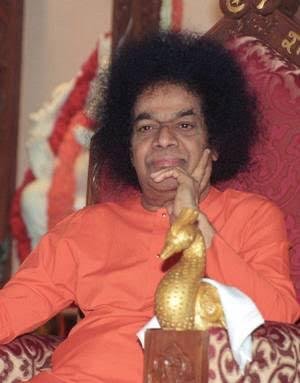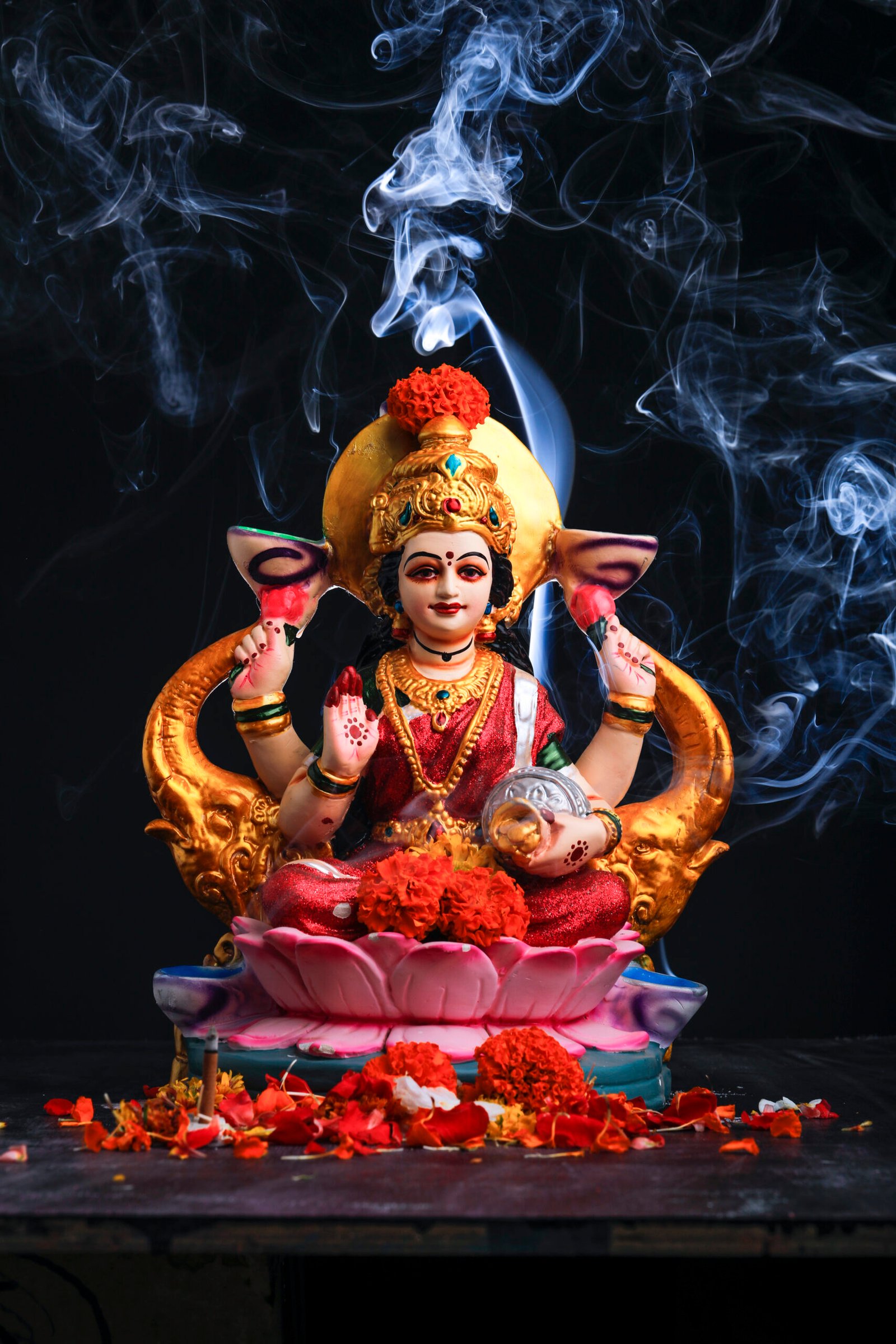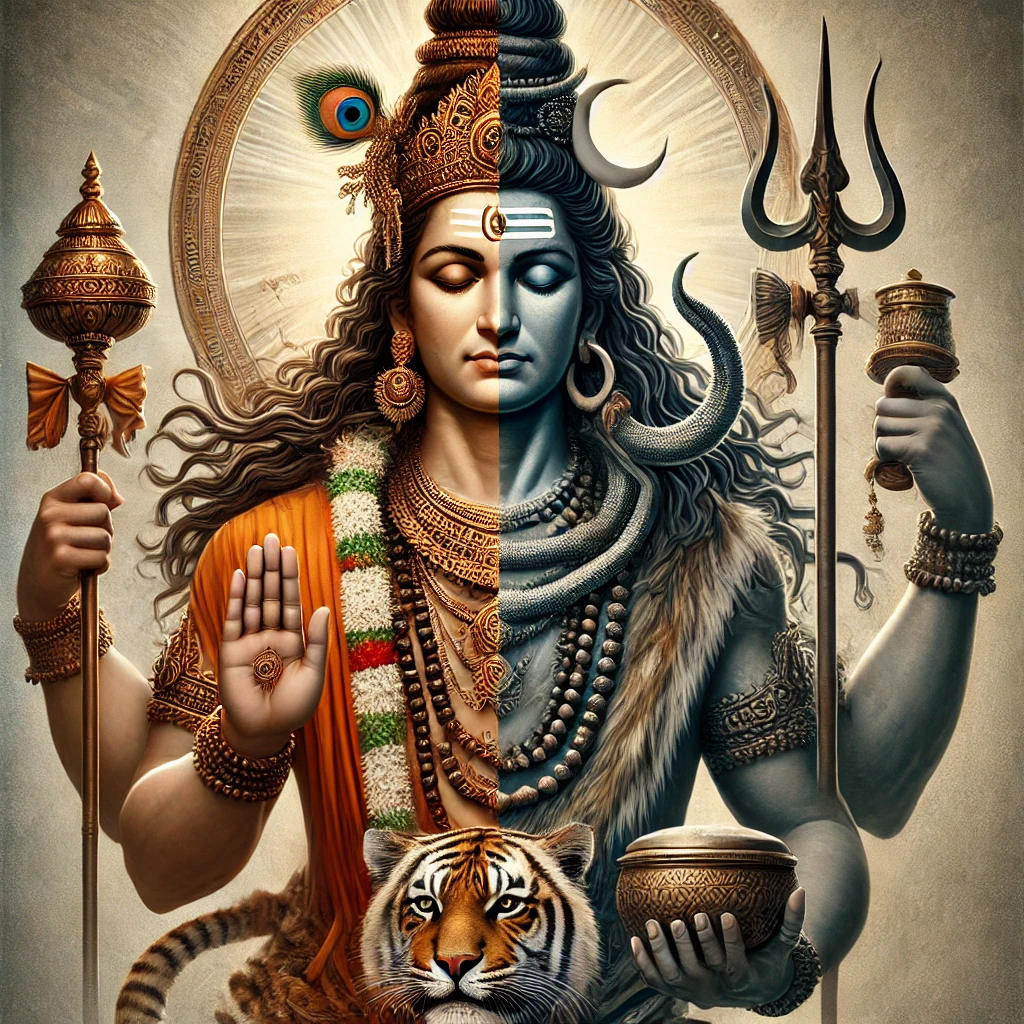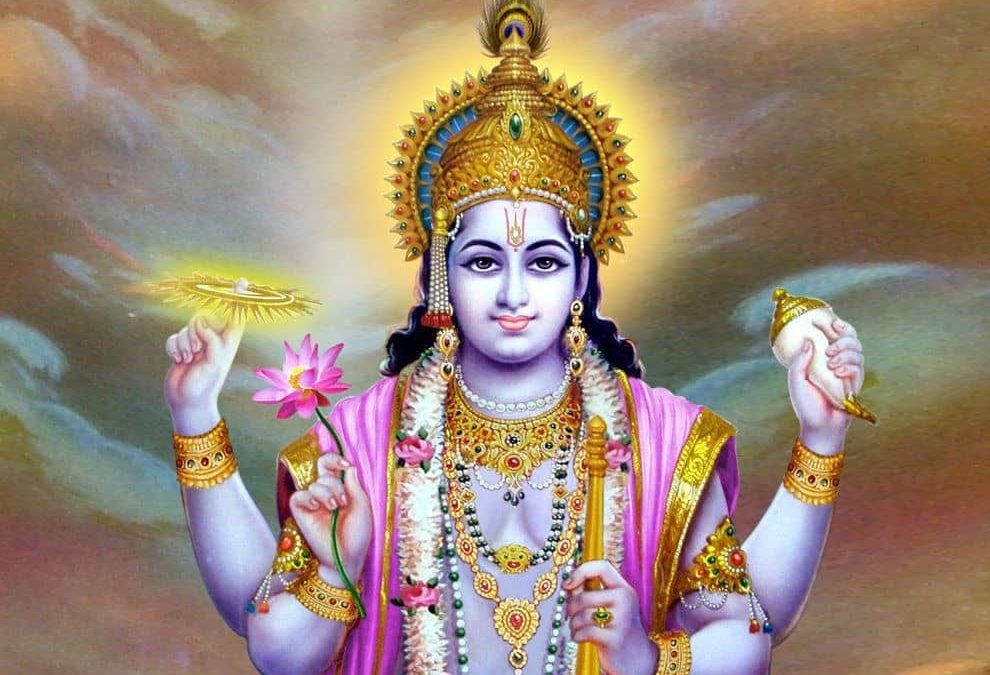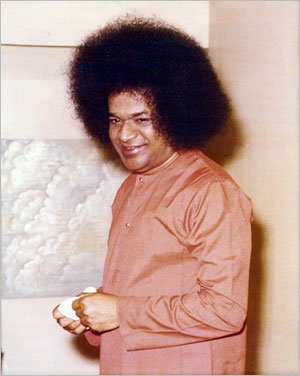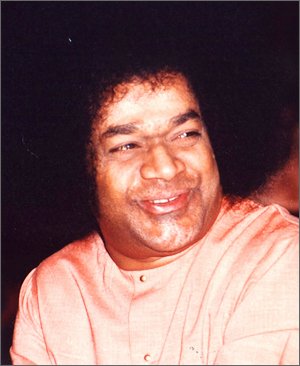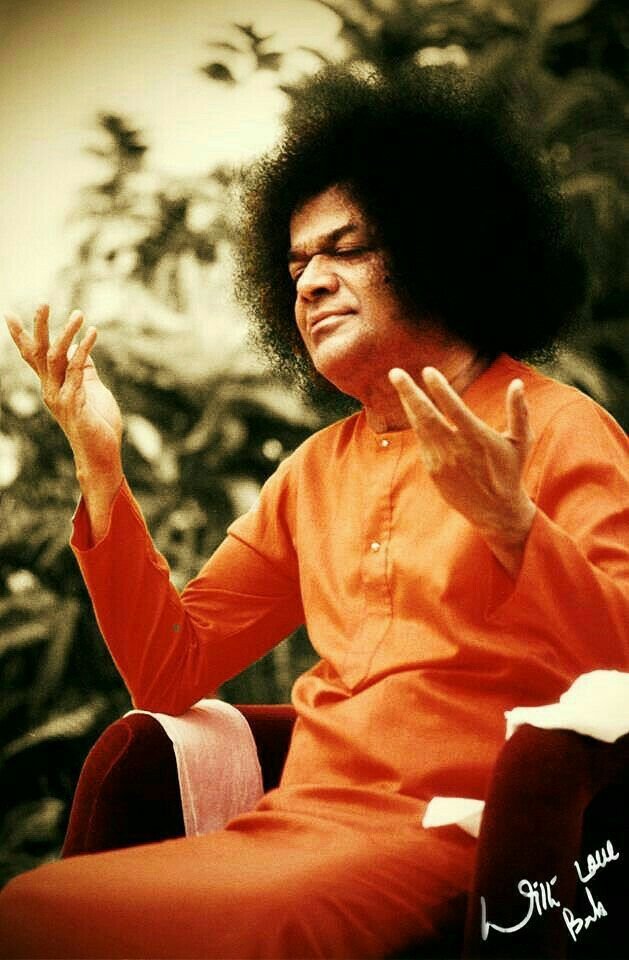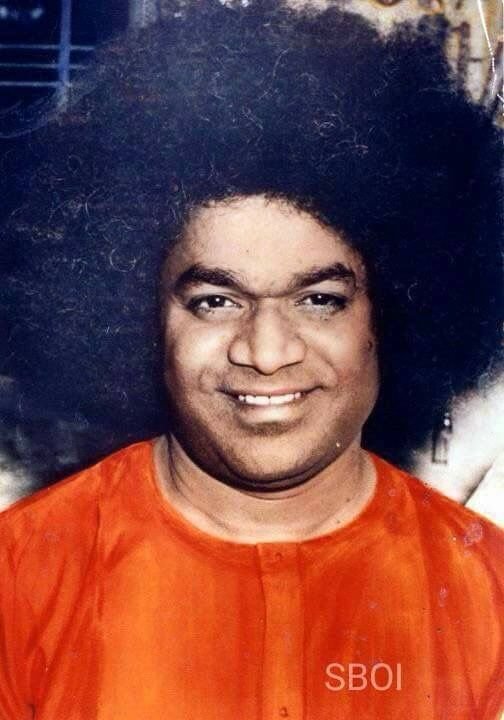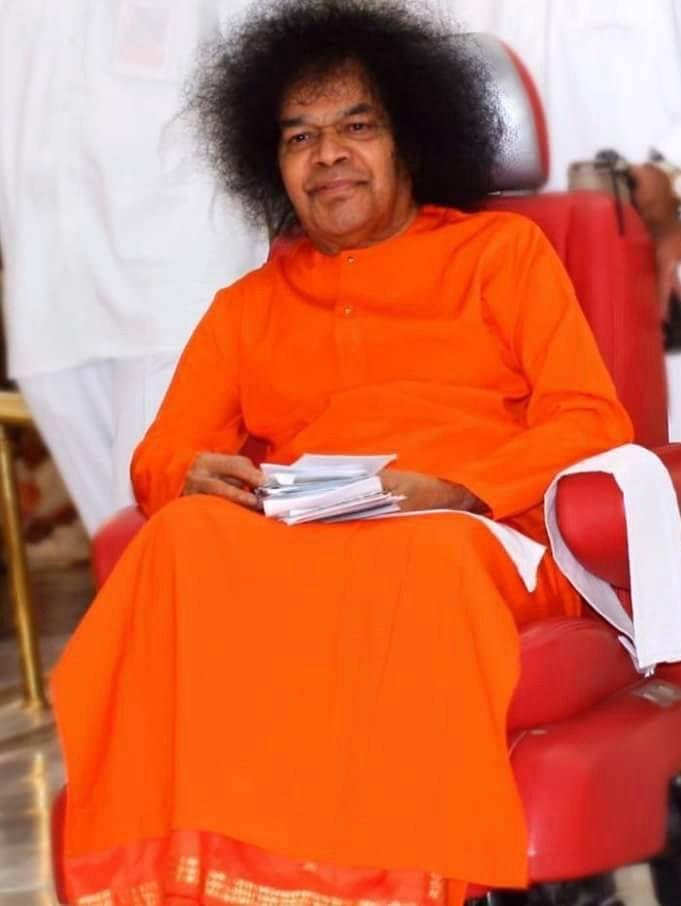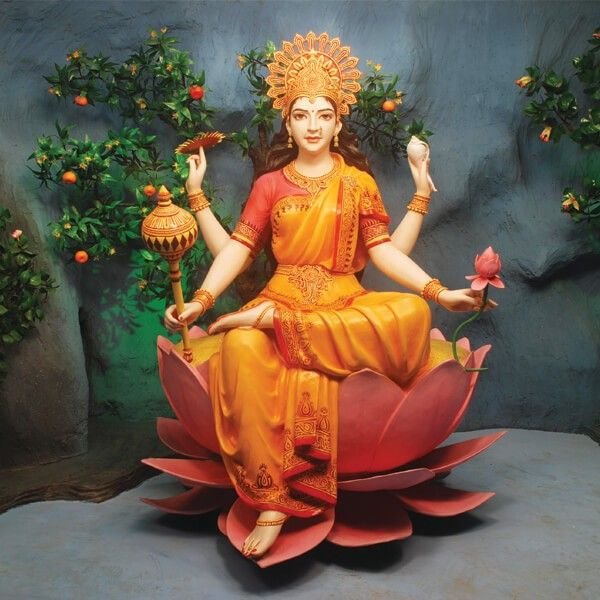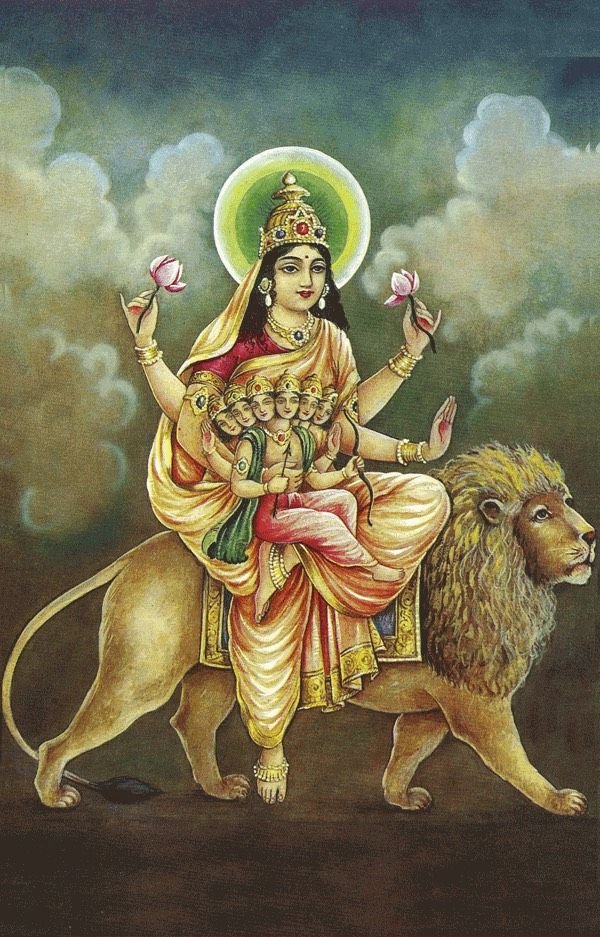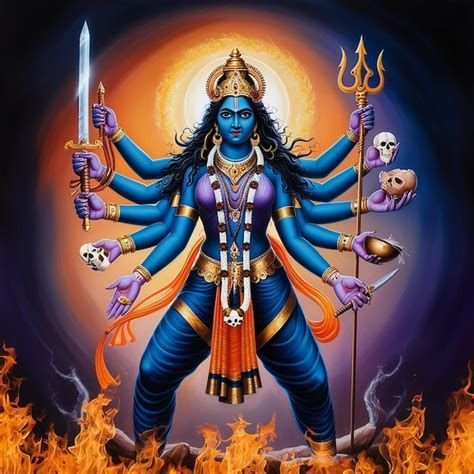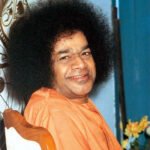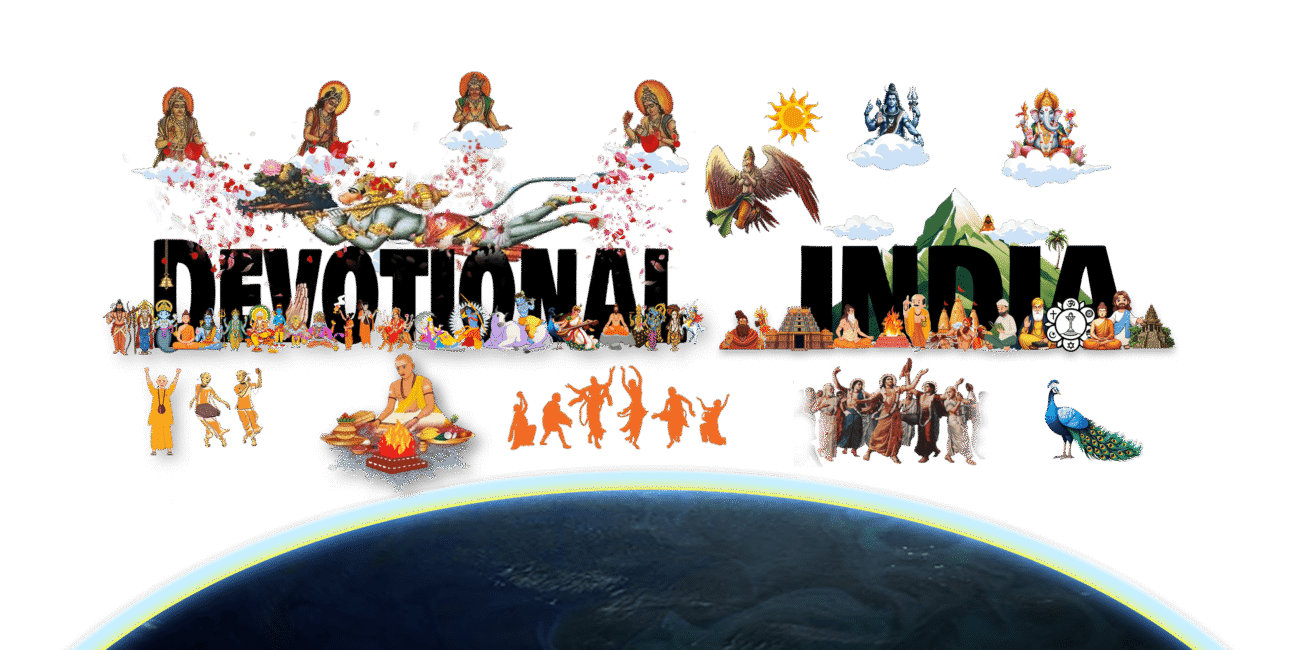CONVERSATIONS WITH SAI┬Ā–┬ĀPART Four
CONVERSATIONS WITH SAI┬Ā–┬ĀPART Four

SAI:┬ĀNo man’s heart is really dry. At least men have sense love. At least you have worldly love for children, family and others. It is the same love, but given to some only. You only have to take it all and give it to God.
A Visitor:┬ĀIf his heart were completely dry, he would not want to come to Prashanti Nilayam.
SAI:┬ĀEven in coming to Prashanti Nilayam, you could love your wife and family. Love is God. Live in love. Love itself is God. He is nothing else but Love. There are different forms of love; love for family and love for money; but love for God is devotion. There is a glass of water. An Englishman will call it water, an Andhra man will call it by another name and in Tamil still another name is given. But the water is the same. We just call it by different names. The names of love for wife, children, and objects differ; and love for God is called devotion – but the love is one. The most important thing you have to develop is love. If you develop love you don’t have to develop anything else.
H:┬ĀBut love is not something made by man. Love is not something created by man; how can I develop love?
SAI:┬ĀYou have love for the tape recorder. How is it that you have that love? When the tape recorder was in the shop, did you love it? But because you have got it now and it is yours, ‘my’ tape recorder. You did not love it in the shop; you love it now because you feel it is ‘mine’. So, when you think God is ‘mine’, you love Him.
A Visitor:┬ĀI make an effort to strengthen love, but I know it does not happen.
SAI:┬ĀIt is a question of practice. Intellectually you understand. Say, you have a temperature, a 105 degree fever. If you keep on chanting 100 times, ‘I want penicillin injection’, it won’t cure you. You have to have the injection. You don’t have to chant that you want penicillin; you just have to have one shot and you are all right. Instead of thinking of ten different things to do, if you do one thing correctly, that is enough. When you are thirsty, you don’t want all the water from the well. One glass will suffice. You don’t have to take all and try to practise everything. Take one. Here is a match box with some 60 matches; if you want to light a fire you need to strike one match, not the entire box of matches.
H:┬ĀSwami, in the hospital, each patient has a principal disease; is the doctor able to know that principal disease?
SAI:┬ĀIf he is a good doctor, yes. If he just has a degree, no. In present day India in the political field, people have studied very little; but because of politics they get a doctors degree.
H:┬ĀThen let the Supreme Doctor tell me what my chief disease is – not physical.
SAI:┬ĀYou do have this desire to go towards God. But you are just at the point, ‘How to go to it’, you are wanting to know. This, Swami cannot say before the others. He will say to you separately. Such problems are separate. Like the doctor, each patient he examines separately, not while everyone is in the room.
A Visitor:┬ĀSwami, do I continue teaching with the same meditation? It is not always the same people there.
SAI:┬ĀYou must have the same group. Then if new people come, you must give them a separate time and do not mix them with the others.
Visitor:┬ĀYesterday there were a number of new people.
SAI:┬ĀThere is not much difference within the group. Even the people who come to you do not know much. If the child wants to learn ABC’s, he must continue to say ABCD and so on.
A Visitor:┬ĀWhen should I leave?
SAI:┬ĀWhatever your decision is. If you want to leave on the 19th morning, Swami will see you tomorrow. But if you have other plans, it will be adjusted accordingly. Swami is not limited by space. Wherever you are, here or in Bombay or wherever, He is with you. You have to be happy. That is what Swami wants. So it should depend on your decision.
Visitor: But I am a person for whom decisions are a great difficulty.
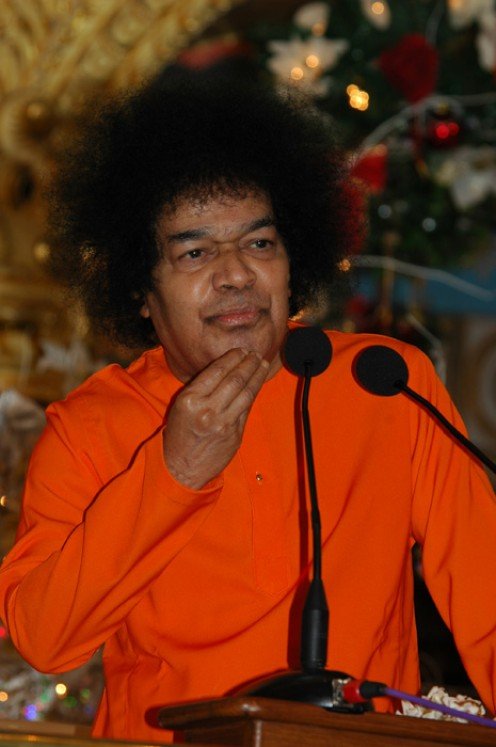
SAI:┬ĀDeciding good and bad all the time is a human problem. You can leave on the 19th morning.
A Second Visitor: Swami, I have been away from business and I want to talk with Swami, but if I stay another month, then there will be only one final talk with Swami. I want to talk with Swami now, and then stay a month.
SAI:┬ĀTomorrow is Thursday. Swami will see each of you individually, then you can make your plans when you want to leave, or stay. With you, it is like this; you have a few doubts, now you want to clear these doubts immediately so as to leave room for new doubts, (much merriment from the interview group). That is your plan.
SAI:┬Ā(to a visitor): You have some plan for poor people. What are the details?
Visitor:┬ĀThe old Mandir. We should make a number of new homes for the poor people. Then those who are now staying in the old Mandir can move to the new houses and then the old temple can be made like new. It is Swami’s first Mandir and it should be saved for history. If people continue to live there, it will tumble down in no time at all. To just use it for living looks like a lack of respect from the people who are in Puttaparthi.
SAI:┬ĀThat can be discussed further at a later time. Now, Swami is troubled that all of you have come from so far spending so much. Your love is so touching. There is no price for that love even if measured in crores and crores. Swami wants your happiness. Swami will teach as quickly as may be.
Visitor:┬ĀBut now is the time because there is the World Conference in May and Swami’s devotees will come here and it does not matter whose plan it is to save the old Mandir; it should be as though it is everyone’s idea and all should work together to accomplish it.
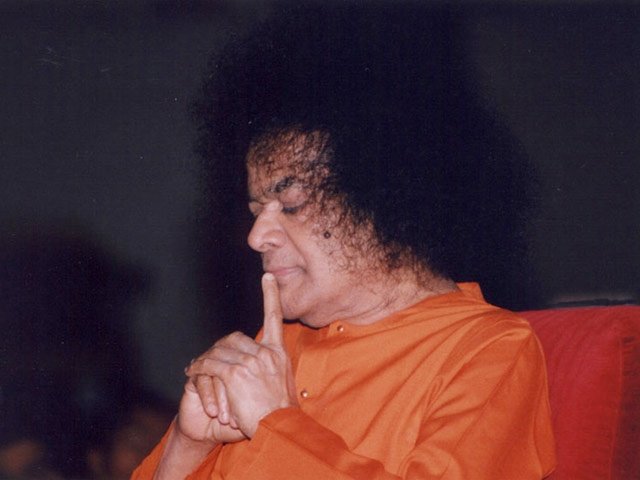
SAI:┬ĀYou draw up a plan and show it to Swami. How to do it.
Visitor:┬ĀAnd one other thing I must ask Swami because people say Swami must be asked. I want a little plot of land. On the opposite hill if I have a little place and then put up a big shed, for which I have the plan, so that there is a big place where they can come and gather and do yoga or whatever it is. But then when I am so close, that is closer than from here to the old Mandir, but not just outside the gate so that people will be saying this or that about me, then I am outside, and then you know….
A Visitor interrupts:┬Ā…..so that no control…….
A second Visitor:┬ĀNo control….
SAI:┬ĀWe will discuss it. You may start enthusiastically, but then the problems that will be coming in the future will not be good.
(Swami now moves His hand, and a large mass of sugar candy appears in His hand and is distributed. The group exclaims how sweet and delightful it tastes.)
SAI:┬ĀComplete sugar.
Visitor:┬ĀNot only sugar. It is flavoured.
SAI:┬ĀEveryday should be sweet like this that Swami would again make the sugar.
Visitor:┬ĀSomeone told me that I should not let anybody touch these earrings that you gave me, because they are sacred. But I don’t like to tell people not to touch.
SAI:┬ĀNothing like that, about touching. Was everyone angry because Swami did not come this morning?
Visitor:┬ĀNo, no, Baba. We were singing Bhajans and talking about the Gopis.
SAI:Gopi means sense control, one who has controlled the senses. It is not a lady’s name.
CONVERSATIONS WITH SAI┬Ā–┬ĀPART Five

Hislop (H):┬ĀWhat does surrender to the Lord mean in such common things as shaving, going to the market, walking and so on? SAI:┬ĀSurrendering to the Lord is surrendering all thoughts and actions, not wishing for the fruits of the action, not doing action to gain its fruit but doing the action because it is one’s duty. The act is dedicated to the Lord and the results, therefore, are borne by the Lord. Actions done thus – fruits abandoned at the time of the action – such action is free of karma. Since the ego, in this way, is not fed and cultivated, it disappears before long. For example, if one shaves, which is classed as an uninspired mundane task, the attitude is that one is preparing for the sake of the Lord in the heart, and one is making the best of his appearance to honour the Lord, and not for one’s personal vanity or reward. Also, in walking, offer the action to the Lord to maintain a body fit for the Lord to live in; and that is the attitude for every single act of the day. Sweeping the house is dedicated to the Lord so that He may have a fit dwelling. And cooking also is dedicated to Him so that the body may be strong and vigorous for the benefit of the Lord. |
It is folly to seek the fruit of action. When one dies, the only items taken with one are one’s good and bad deeds. None of the power, the
┬Āmoney, the position, the prestige, the vigorous beauty of the body, the culture of the personality – these things are all gone, and therefore what folly to work for them. Man is life with desire; life without desire is God. Mind is desire; when mind disappears, desire disappears.
H:┬ĀSwami, a taxi will arrive here for us on the afternoon of the 26th for our departure.

AI:┬ĀThe situation can be compared to a man and a stick floating in the ocean. Both have the same motion, up and down with the waves; but the stick does not know what is happening, whereas the man is conscious of the movement. The movement of the stick could be compared to a person in America in whose heart God resides but who has never been here to visit Swami. The conscious movement of a man swimming in the ocean could be compared to an American who has visited here and then returned home; now there would be conscious spiritual experience and that would be the case whether we consciously invited that experience or not.
There are three stages to knowing God. One is intellect, which is just imagination; one is drawing near; and third is union with God. Another example: the river merges with the ocean, but if one takes sweet water from the river and places it in a sealed plastic bag and places that sealed bag in the ocean, there is no mixing of that water with the ocean. Such a condition could be compared to one’s state before coming here; but after coming here it is as though the sweet water were not held separate from the ocean but were merged and mixed with the ocean. The mixing stage is here. Swami is the servant of all, and as servant He enjoys much better than as Master.
H:┬ĀWhat is the meaning of the word, Dharma?
SAI:┬ĀThe word Dharma does not mean ‘duty’. In duty there is no freedom; in reason there is freedom; and in religious obligation there is the union between duty and reason. Dharma, then, refers to religious obligation and in that word are the concepts of both duty and reason.
Visitor: There is a difficulty that arises in giving honour to two different aspects of the Lord. For example, Mother in Sri Aurobindo’s ashram, and Swamiji here.
Visitor:┬ĀThere is a difficulty that arises in giving honour to two different aspects of the Lord. For example, Mother in Sri Aurobindo’s ashram, and Swamiji here.

SAI:┬ĀThere are two ways; one in which the Divine in seen everywhere and there is then no conflict whatsoever; and the other way in which one feels strong devotion to one single person and is happy in that devotion. In the latter case, one should hold strictly to that Guru and have nothing to do with other Gurus. When one works at a task one needs to give that task full attention and concentration and cannot be thinking of the Lord while doing that task.
Visitor:┬ĀCan I wear shorts while here at the ashram?
SAI:┬ĀNo. That is not allowed. In spiritual life, the fastest progress is made when the boat sails with the wind, and if the boat has to sail against the wind, progress is slower.


